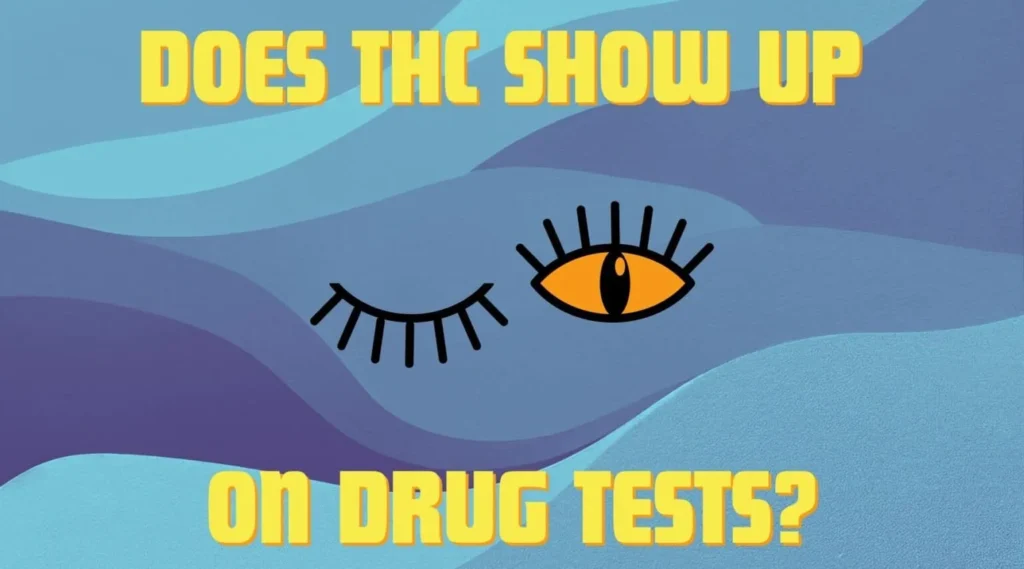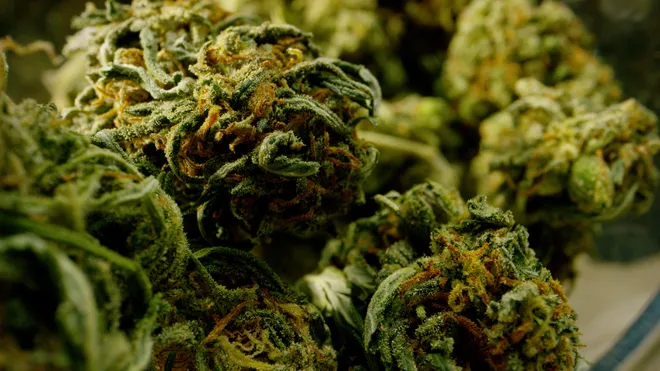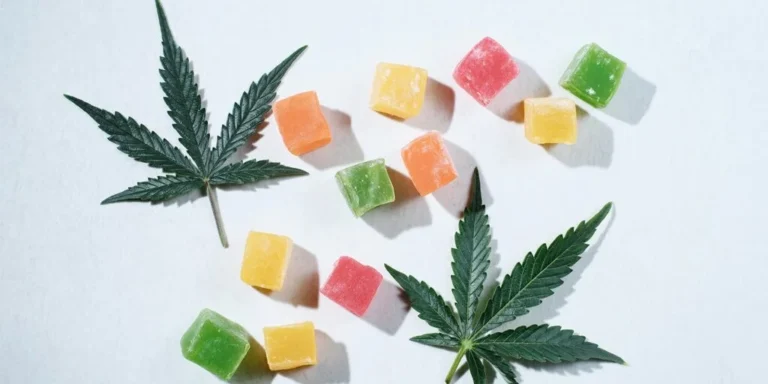Does Delta 9 THC Show Up On A Drug Test
Delta-9 tetrahydrocannabinol (THC) is the primary psychoactive component in cannabis, producing the euphoric sensations commonly linked to marijuana use. With the expanding landscape of cannabis products and increased legalization across states, many people question whether Delta-9 THC can be detected in a drug test. The short answer is yes, but the situation is more nuanced. Factors such as the type of drug test, detection windows, and individual metabolic differences all play a role in THC detection.
Understanding Drug Testing for Delta-9 THC
Drug tests typically screen for THC or its metabolites, such as THC-COOH, rather than the psychoactive compound directly. Once THC is ingested, it is broken down in the liver, resulting in byproducts that can linger in the body for an extended period. These metabolites, stored in fat cells, are what drug tests detect, influencing how long THC remains traceable.
Drug testing methods vary depending on the targeted substance. For cannabis, standard tests do not usually differentiate between the different THC variants, such as Delta-9, Delta-8, or Delta-10. Most tests, however, are specifically designed to identify Delta-9 THC, given its dominant role in marijuana and its psychoactive effects.
Common Drug Tests That Detect Delta-9 THC
The most common types of drug tests used by employers and testing agencies include urine, saliva, blood, and hair tests, each with different detection windows and accuracy levels.
1. Urine Tests: Urine testing is the most widely used method for detecting THC metabolites and is common in workplace testing. Urine tests can typically detect THC for anywhere from a few days to a few weeks after consumption, depending on the individual’s usage habits. For instance, those who consume THC occasionally may have a shorter detection window, while regular users may test positive for up to a month or longer.

2. Saliva Tests: Saliva testing is generally used in situations requiring immediate detection, such as roadside testing. It can detect THC for about 24 to 72 hours in occasional users but may detect it longer in frequent users. Saliva tests detect the presence of the parent THC compound rather than its metabolites, so they are typically limited to a shorter window of time.
3. Blood Tests: Blood testing is often used in situations where recent consumption needs to be confirmed, as it has the shortest detection window for Delta-9 THC. This test is uncommon for workplace testing but is occasionally used in legal or accident-related scenarios. Blood tests can typically detect THC for up to 48 hours after use in most people, though in heavy users, it may be detected for longer.
4. Hair Tests: Hair follicle testing has the longest detection window and can detect THC metabolites for up to 90 days after use. However, hair tests are often expensive and less commonly used. The test works by detecting THC metabolites in hair samples, which can provide insight into long-term patterns of use.
Key Factors Affecting THC Detection in Drug Tests
Although drug tests have standard detection windows, various factors can influence how long Delta-9 THC remains traceable in the body. Metabolism is a crucial determinant—individuals with higher metabolic rates may process and eliminate THC faster. The frequency of use is another critical factor; habitual users will generally retain THC metabolites for longer periods compared to occasional consumers.
Additional influences include body composition and hydration levels. Since THC is stored in fat cells, individuals with higher body fat percentages may experience a slower elimination process. Proper hydration can help reduce THC concentration in urine; however, excessive fluid intake could lead to overly diluted samples, which might prompt retesting by testing facilities.
THC Testing and Legal Considerations
Despite the changing landscape of cannabis laws, Delta-9 THC remains classified as a Schedule I substance under federal law. This classification prompts many U.S. employers to maintain drug-testing protocols that do not differentiate between legally obtained THC (such as from regulated cannabis products) and illegally sourced THC. This means even in states where recreational or medicinal cannabis use is permitted, employees can still face potential consequences if they test positive for THC.
Strategies for Clearing THC from the System
Once THC enters the body, there is no guaranteed way to accelerate its elimination. Detoxification generally requires time, although maintaining regular physical activity and adequate hydration might aid the body’s natural metabolic processes. These measures, however, are not failproof and may only offer slight reductions in detection times.
For those needing to pass a drug test, abstaining from THC use for a substantial period remains the most dependable approach. While some detox products claim to cleanse the body of THC, their effectiveness is often debated and lacks consistent scientific validation.
Conclusion
In conclusion, Delta-9 THC is likely to be detected in a standard drug test if the individual has consumed cannabis within the test’s detection period. Although several factors can affect detection times, there is no foolproof method to guarantee a negative result other than abstinence. Understanding how THC is processed and detected is essential for individuals subject to drug testing, particularly in employment settings. While cannabis regulations are evolving, current testing protocols continue to detect Delta-9 THC under most standard methods.






